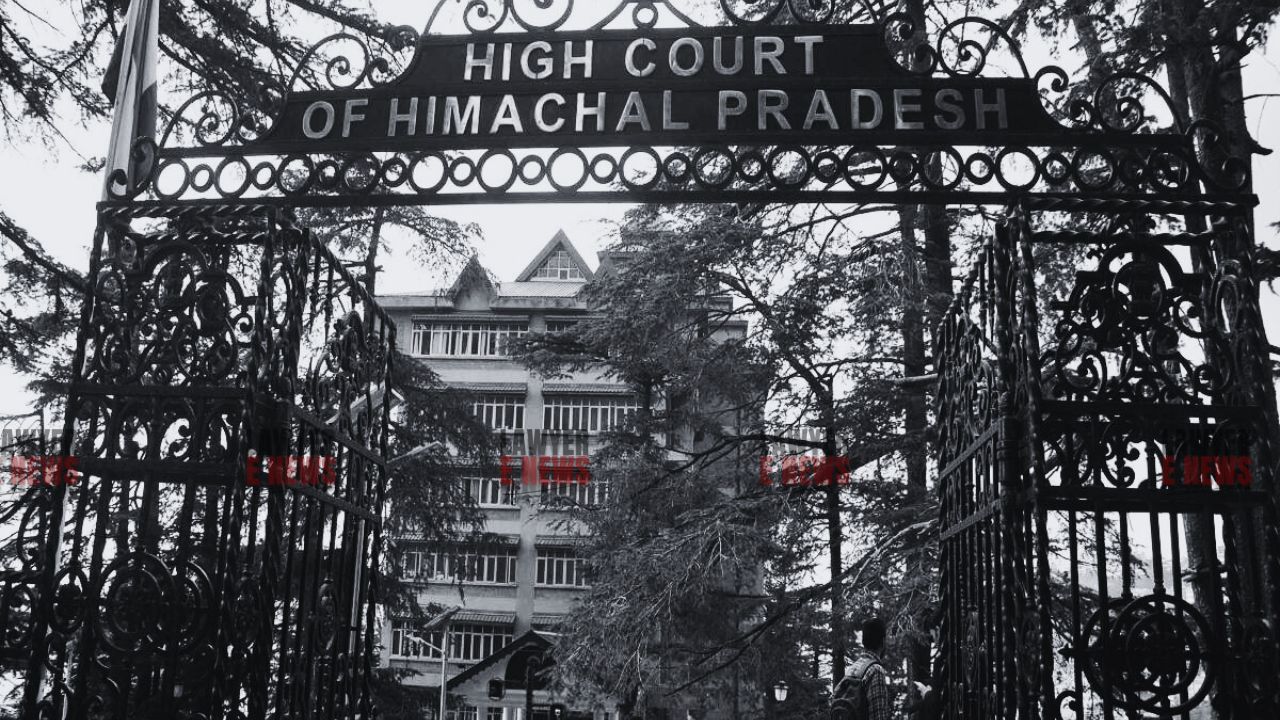-
by Admin
15 February 2026 5:35 AM



"The Court cannot conduct a mini-trial while exercising powers under Section 482 Cr.P.C." — Justice Rakesh Kainthla. On September 27, 2024, the Himachal Pradesh High Court rejected a petition filed by Ramesh Chand and Arun Kumar to quash an FIR accusing them of poisoning Bal Krishan. Justice Rakesh Kainthla upheld the validity of the FIR, emphasizing that the dying declaration made by the deceased, alleging that the petitioners forcibly administered poison, was sufficient to continue the trial. The Court clarified that issues such as the petitioners' innocence and the possibility of suicide should be addressed during the trial and not in a petition under Section 482 of the Criminal Procedure Code (Cr.P.C.).
The FIR, lodged on February 6, 2022, alleged that the petitioners had entered the room of Bal Krishan, an elderly man suffering from paralysis, and forced him to consume poison. The deceased informed his family of this incident before being taken to the hospital, where he was declared dead. His statement, recorded on a mobile phone, was treated as a dying declaration. The petitioners challenged the FIR, claiming false implication due to a land dispute.
The main issue was whether the FIR, based on the deceased’s dying declaration, should be quashed under Section 482 of Cr.P.C. The petitioners argued that the allegations were false and motivated by a family feud. They also claimed that the deceased had purchased the poison himself, intending to commit suicide.
Justice Kainthla noted that the FIR and the deceased’s dying declaration established a prima facie case of poisoning. The postmortem report confirmed that Bal Krishan died from phosphide poisoning. The Court emphasized that discrepancies in the informant's statements and the petitioners' claims of suicide could not be resolved at this stage and should be determined during the trial.
The Court further observed that exercising jurisdiction under Section 482 Cr.P.C. requires caution, and the power to quash an FIR should only be used in rare cases where the allegations are absurd or improbable, which was not the case here.
The Himachal Pradesh High Court dismissed the petition to quash the FIR, paving the way for the trial to proceed. The Court’s decision highlights the importance of letting the trial court examine evidence and determine the veracity of the claims, especially in serious criminal cases like poisoning.
Date of Decision: September 27, 2024
Ramesh Chand & Another v. State of H.P. and Others
